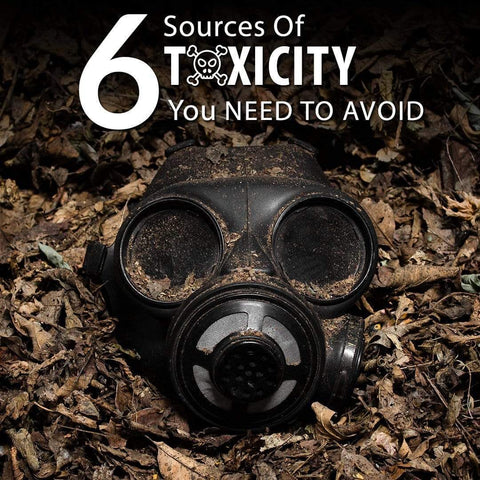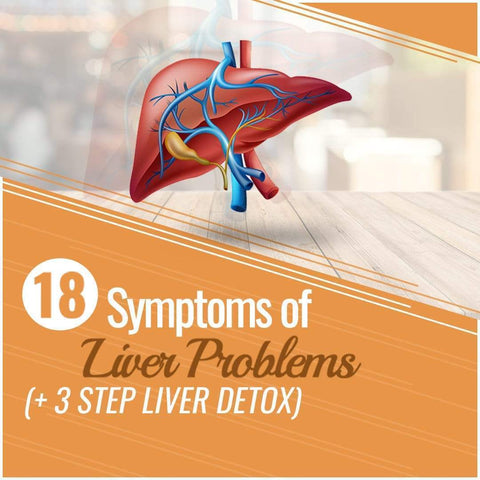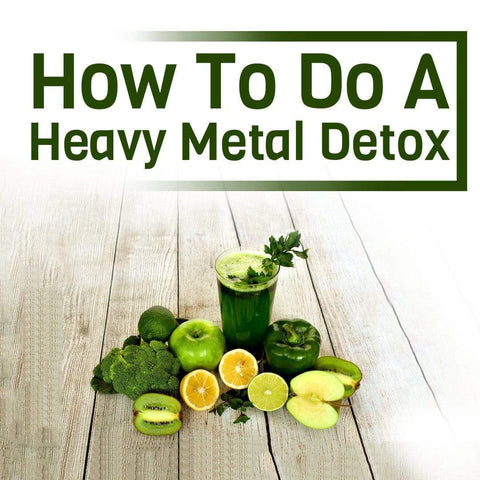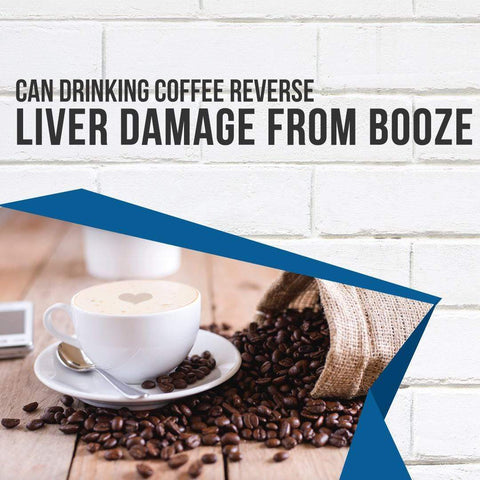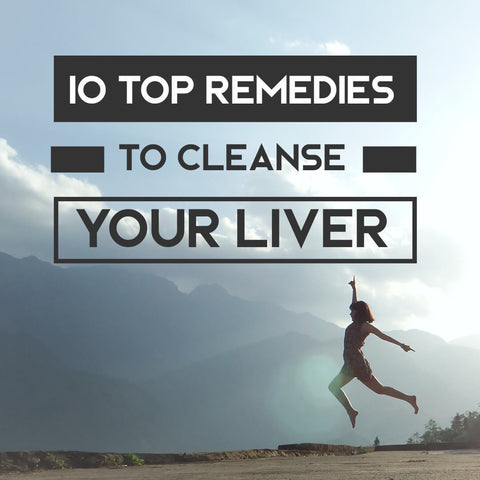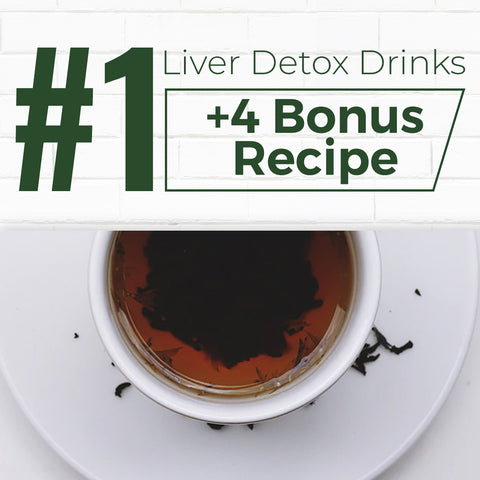
Your liver works continually to keep your body clean. That’s an important duty since more than ever our world is steeped in toxicants.
Our food, water, and air are full of pollution, and our livers are tasked with detoxifying whatever we absorb. Thus, many of our livers are overworked.
Imagine living in a polluted city and eating toxic processed food on a regular basis. No wonder our livers are overburdened.
The Liver: More Than Detoxification
Cleansing your blood of toxins isn’t the only thing the liver does (as important as that task is).
Many medical textbooks put the liver’s known functions at around five hundred. That’s 500 different tasks that this organ is responsible for! Here are a few examples of things that the liver does: stores important nutrients for months or years, manages blood sugar, synthesizes needed proteins, fats, and carbohydrates, is involved in immune function, and makes critical components of the blood.
The Liver Also Processes Fat

What many people may not know is that the liver is intimately involved in weight loss.
First, dysfunctional or diseased livers are associated with increased abdominal fat1,2. A healthy liver is deeply involved in metabolizing fat and breaking down fat so that it can be used as energy 3.
So if your liver isn’t working properly, fat can actually accumulate not only in the liver (fatty liver disease) but in the rest of your body because it is not being broken down as easily.
Think about that. Fat buildup in the liver is a primary sign that the liver isn’t functioning up to speed. See how important the liver’s role is in processing fat?
Exclusive Bonus! Download the FREE report ‘How To Detox Your Liver & Body in 3 Simple Steps’ by clicking here.
Signs of a Sluggish Liver
So if you’re overweight, improving your liver function should be on your to-do list. But how do you know if your liver isn’t functioning up to speed?
The many signs of a sluggish liver are:
- Fatigue
- Abdominal fat accumulation
- Itchy skin
- Skin rashes
- Bad breath
- Excessive sweating
- Overheating of the body
- Headaches
- High blood pressure
- Indigestion of fatty foods
- Acid reflux
- Easily angered (according to traditional Chinese medicine)
- Gallbladder removed
- Hormonal imbalances
- Chemical sensitivities
- Brain fog
- Loss of appetite
- Abdominal pain
Notice some of these signs in your own body? Are you a bit overweight?
If you suspect you have a sluggish liver, is there anything you can do about it?
Yes! There is an incredible variety of nutritional ways to detoxify and invigorate your liver.
How Does Nutrition Affect Your Liver?

The foods that you eat can either put a burden on your liver or help it detoxify.
Toxic substances lurk in certain foods, many of which you don’t suspect to be problematic. Food that raises your blood sugar or is cooked in certain ways can negatively impact your liver and increase the stress put on this organ.
Because of their toxicity, foods that cause stress should be avoided if you’re trying to get your liver back to healthy.
Other foods nourish the liver by nudging the liver into detoxifying in productive ways – triggering the right enzymes that get toxins out of the liver and then out of the body.
Certain antioxidant-rich foods do a good job of protecting and cleansing the liver. These foods often work by activating phase II enzymes.
Phase II detoxification enzymes powerfully and effectively detoxify harmful substances from the liver. If phase II enzymes are not activated, the liver uses phase I enzymes, which are not as effective as phase II enzymes and can actually make some toxins more damaging to the body than they would have been in the absence of detoxification enzymes.
Supplements

Another way to get your liver on the right track is to take herbs or nutritional compounds that benefit this organ. Many of these compounds also act to trigger phase II enzymes and also increase the cleansing and protective antioxidant functions of the liver. Antioxidants latch on to toxins and help keep liver tissue free from harm.
So what are the dietary and supplemental steps that boost your liver health? Read about the ebook below that identifies specific foods that help or hurt your liver.
Does your liver need a detox?
Poor diet and lifestyle choices, as well as everyday pollutants and toxins, can have a harmful effect on your liver.
After all, it’s job is to act like one big detox factory. But sometimes it can get overloaded and could use a little help.
Help your liver perform at its best with a clean and natural detox.
The good news is that there’s a safe, all-natural way to detox and cleanse your liver, and it only takes three simple steps.
Click here to download the FREE report by nutritionist Evan Burns, which reveals how to cleanse and detox your liver in three steps. It is yours FREE for a limited time.




